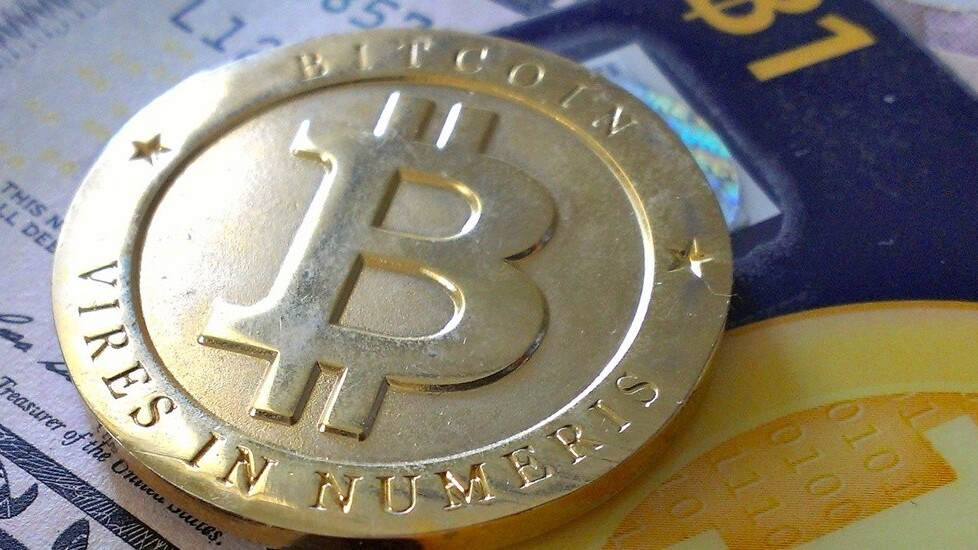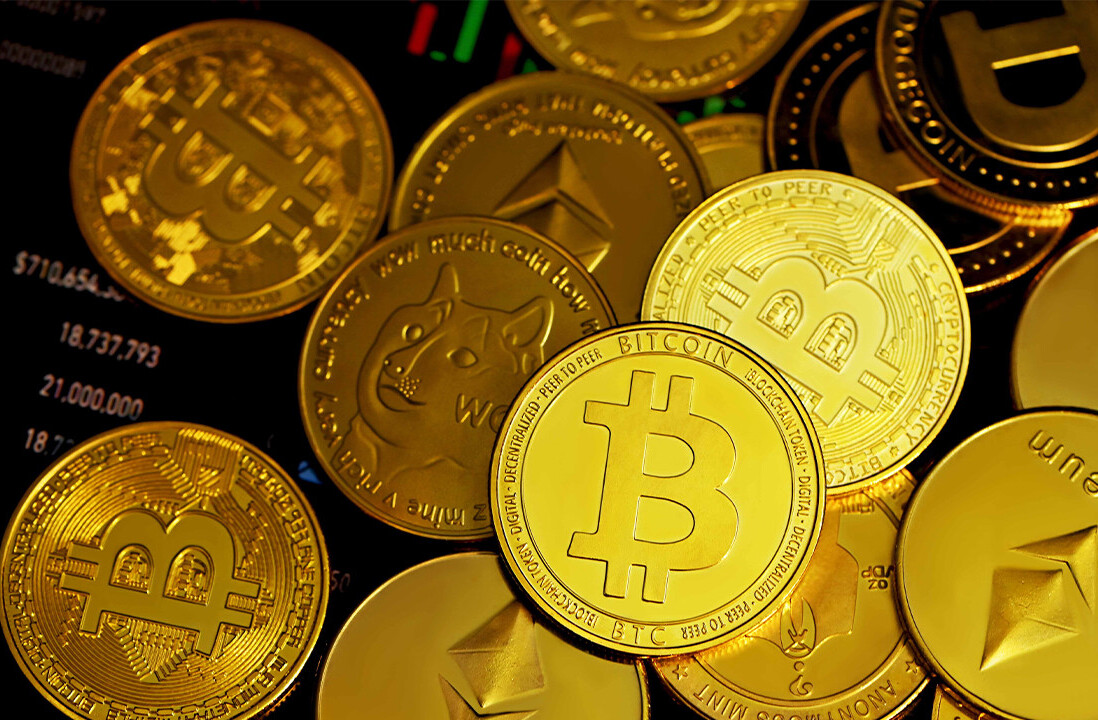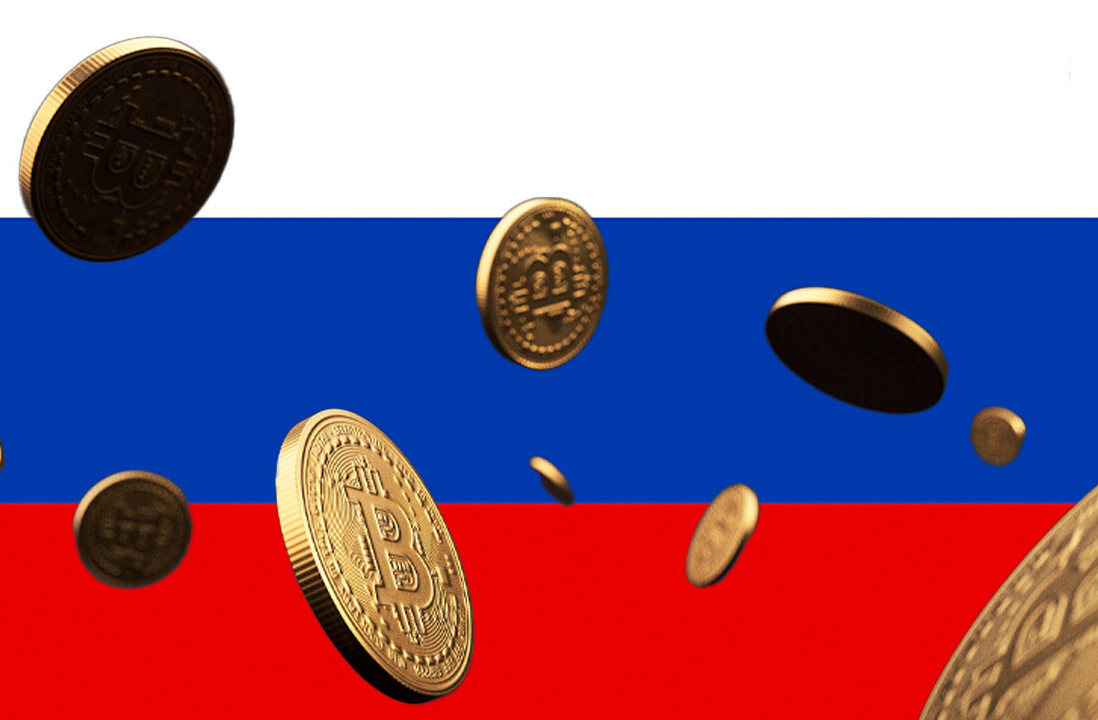
Korea has become the latest country in Asia to reject Bitcoin and other virtual currencies as legitimate forms of currency, the Korea Herald reports.
Following in the footsteps of warnings from banks in China last week and Thailand in July, Korean financial authorities announced today that the virtual currency does not have “intrinsic value” due to its lack of stability (Bitcoin’s dollar rate halved to $650 in the past week) while there is concern at the absence of structure and indicators to measure it.
The announcement comes after a week of dialogue between the Ministry of Strategy and Finance, the Bank of Korea, the Financial Services Commission and the Financial Supervisory Service. Indeed, the comments follow optimism in Korea last week after the Bank of Korea had apparently relaxed its negative stance on virtual currencies — something that it turns out was misguided.
For now, it seems that Bitcoin is not illegal in Korea, but the country’s financial authorities have pledged to increase their monitoring of virtual currency trading, and in particular money laundering or other illegal activity.
The financial authorities’ statement comes weeks after a Incheon-based bakery became the first retail store in the country to accept payment in Bitcoin, while a number of Bitcoin-based startups have sprouted up in Korea. Virtual currency exchange Kraken launched earlier this month, and the country has four other such services: Korbit, BitUP and ddengle.
Given the lack of regulation and increasing capital within the Bitcoin ecosystem, it’s not surprising to see that many of Asia’s regulators are adopting an initially cautious and restrictive approach to virtual currencies. The currency isn’t banned in China, Korea or Thailand — but in each market, key banks have raised concerns.
They’re not alone: the US has yet to take a stance on virtual currencies, while some key companies are adopting a cautious approach. Apple, for one, has removed a number of Bitcoin-related apps from the App Store since question marks surround the legality.
Headline image via Zack Copley / Flickr
Get the TNW newsletter
Get the most important tech news in your inbox each week.





